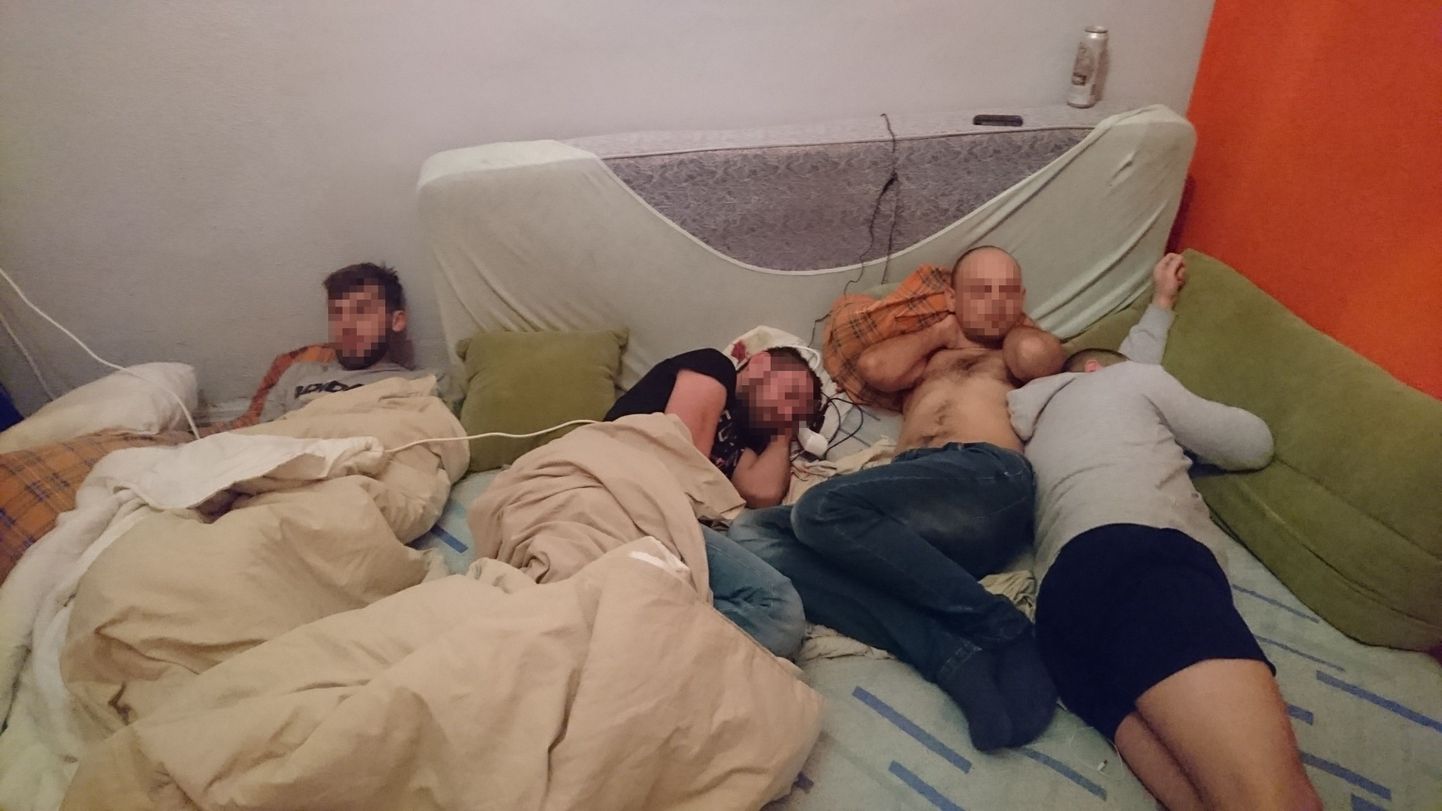However, in most cases the workers have little choice. Illegal working is demanded by the local entrepreneur, who often does not mind punishment.
The Riigikogu did approve a law amendment last week, which lowered the wage level for foreign labour to the Estonian average, but this does not provide a solution.
“If an Estonian construction worker in Harju county earns 1,200 – 1,400 euros per month, the Ukrainian workers accept 300 euros. If the employer imports a dozen illegal workers, he can save considerable sums on their salary. Plus the taxes he would not pay to the state,” Aru said.
If caught by the police, the Tax and Customs Board or the Labour Inspectorate, an entrepreneur faces a fine of up to 3,200 euros. Furthermore, the firm may be banned from officially hiring foreign labour and the punishment may disqualify him from attending state procurement tenders.
“Yet the profit is so high that it outweighs the maximum fine for a few workers. We have an actual case, where the firm declared that they reckon with the maximum fine upon being caught, but would still make profit;” Aru added.
According to Aru, the enterprises make use of the Ukrainians’ miserable situation, but the ones exploited are happy with it. “They say that back in Ukraine they would earn 200 dollars, but receive here 300 euros per month. Of course, such agreements are hardly ethical”, Aru said.

/nginx/o/2017/01/27/6287643t1hc88d.jpg)